The Dnipro State University of Internal Affairs joined nationwide commemorative events honoring the victims of political repression under the Soviet totalitarian regime.
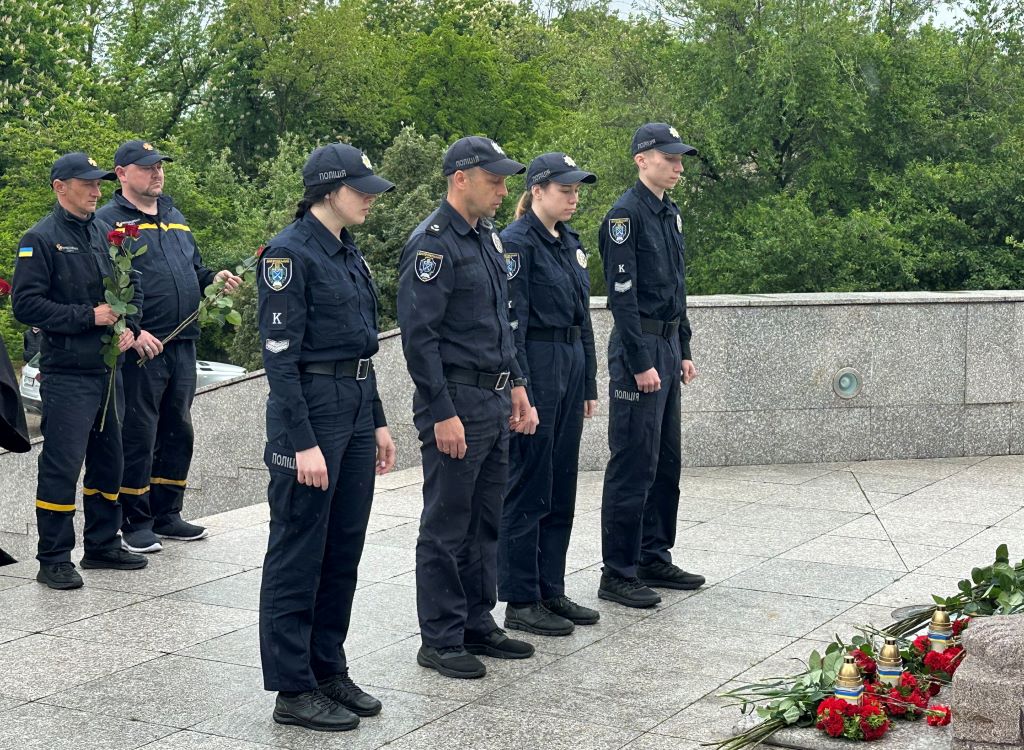
DSUIA cadets, together with representatives of local authorities, law enforcement agencies, clergy, and the public, gathered at the Memorial to the Victims of the Holodomor and Political Repressions in Dnipro. The attendees honored the memory of the victims with a moment of silence and laid flowers at the foot of the memorial.
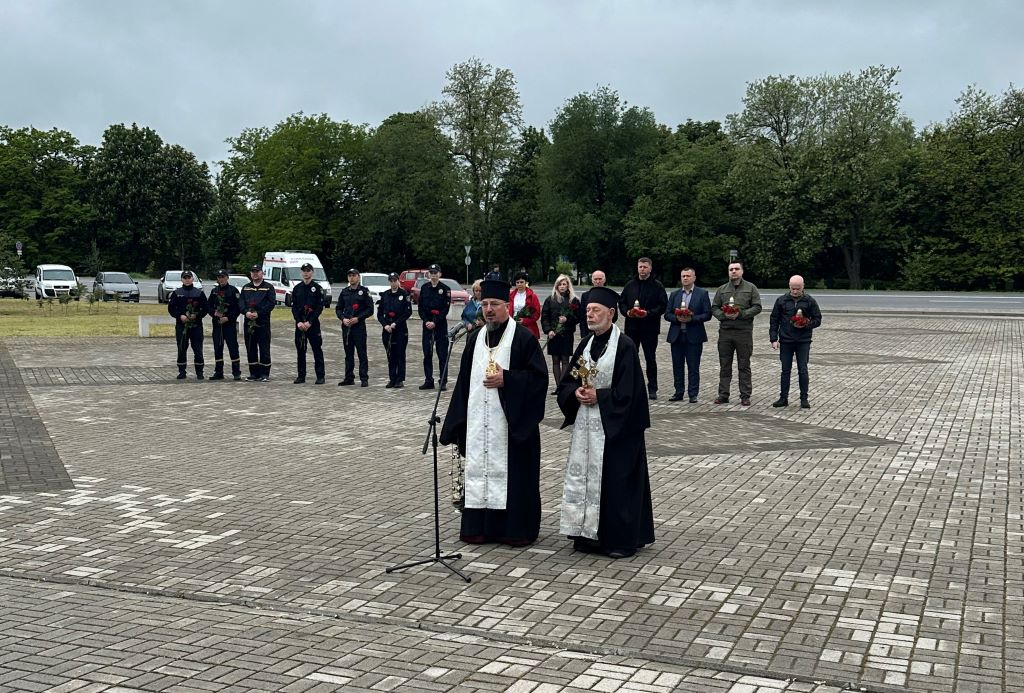
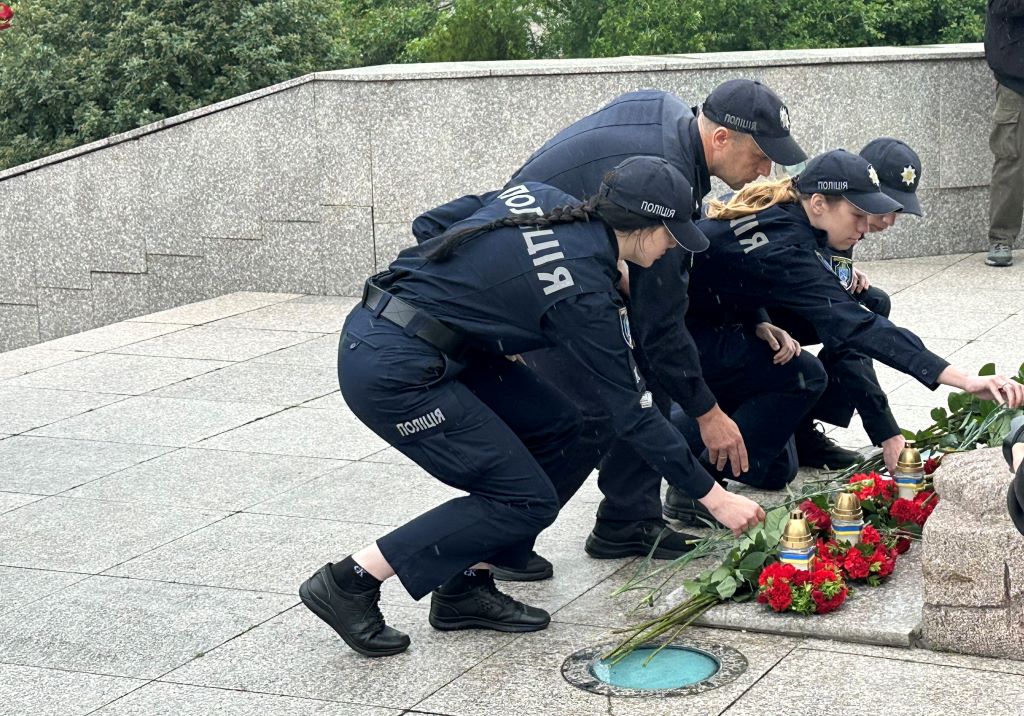
At the university, cadets attended a thematic lecture titled “A Person in a Totalitarian System: Hostage, Victim, or Perpetrator?” The speaker was Iryna Reva, a research associate at the Dmytro Yavornytsky National Historical Museum of Dnipro and author of the popular science book “Beyond Oneself: Socio-Psychological and Cultural Consequences of the Holodomor and Stalinist Repressions.”
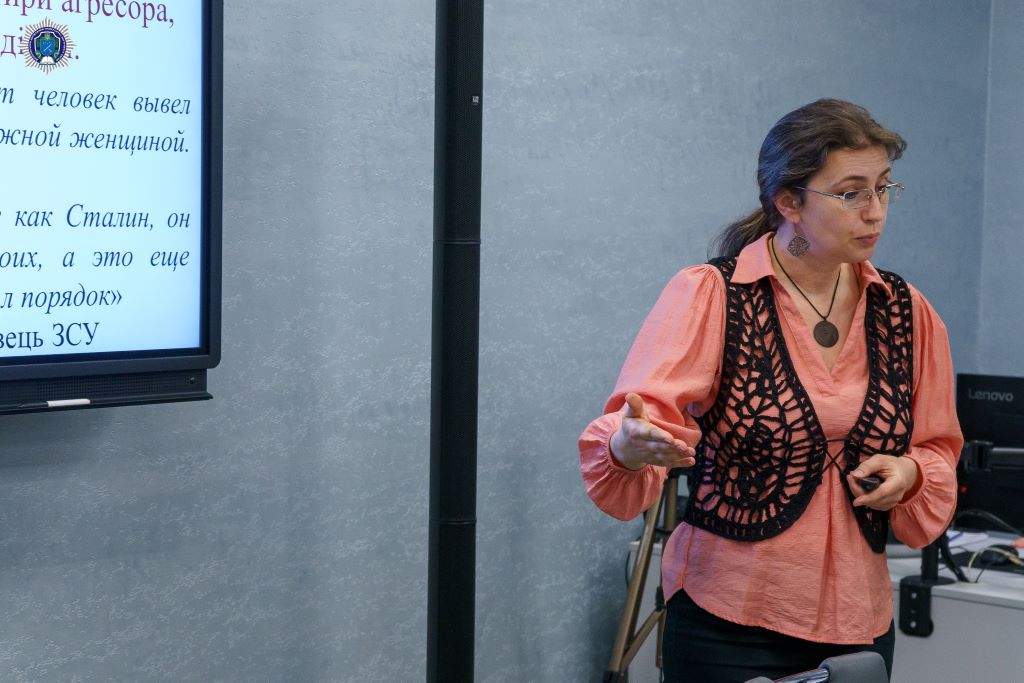
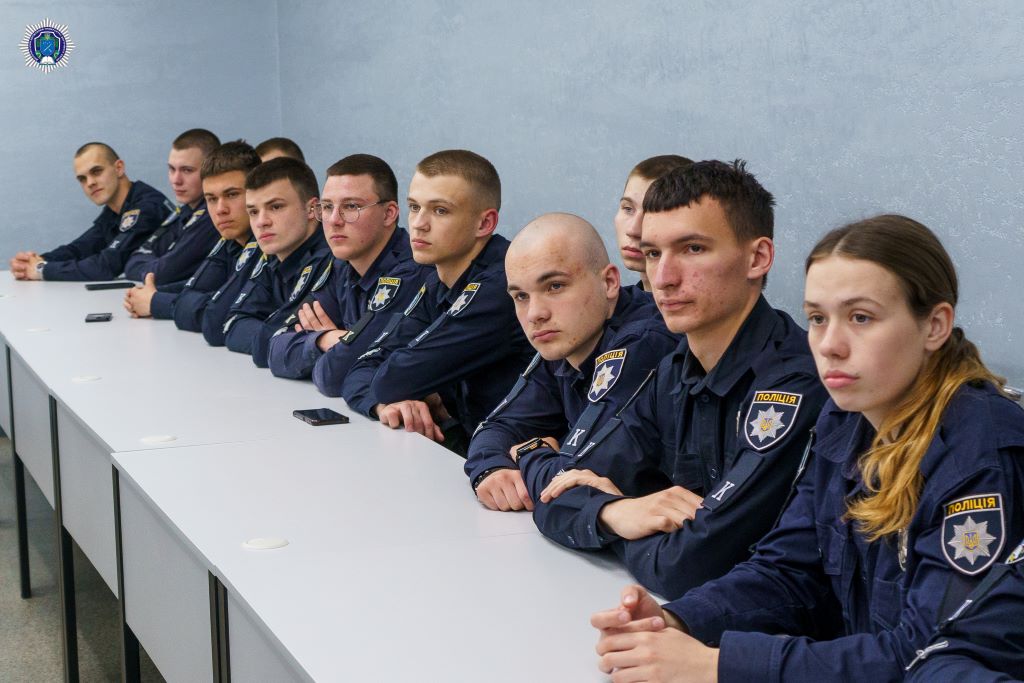
The lecturer spoke about the crimes of the Soviet communist regime, particularly the Great Terror of 1937–1938, and the mass graves of executed Ukrainians, among whom were renowned artists and scholars. She emphasized that in the Bykivnia Forest alone, near Kyiv, the remains of over 20,000 victims executed on orders from the NKVD have been identified.
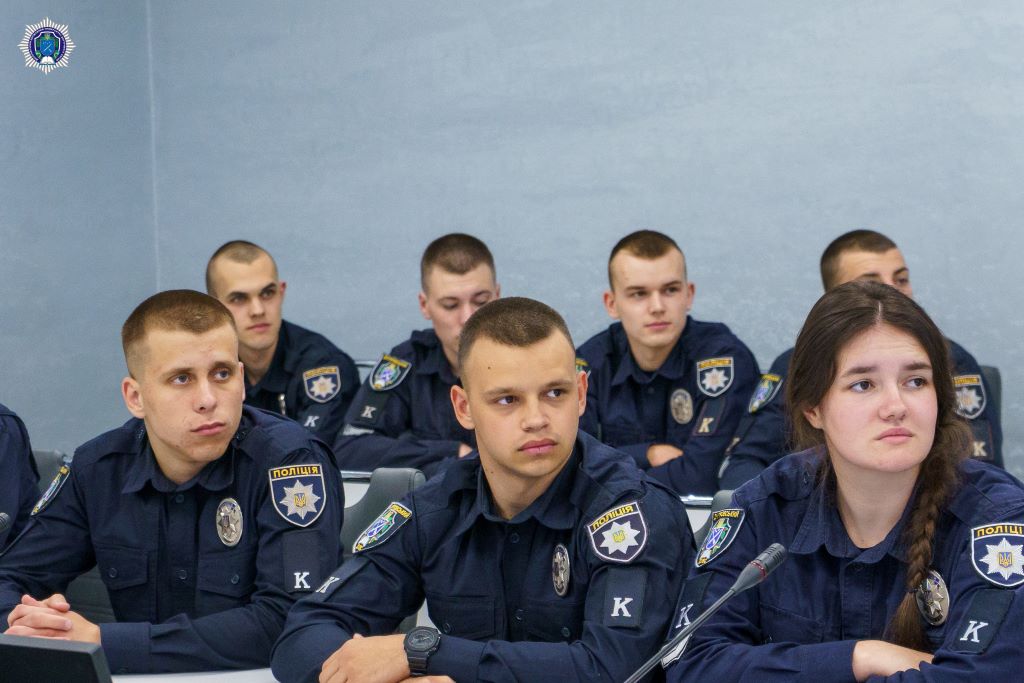
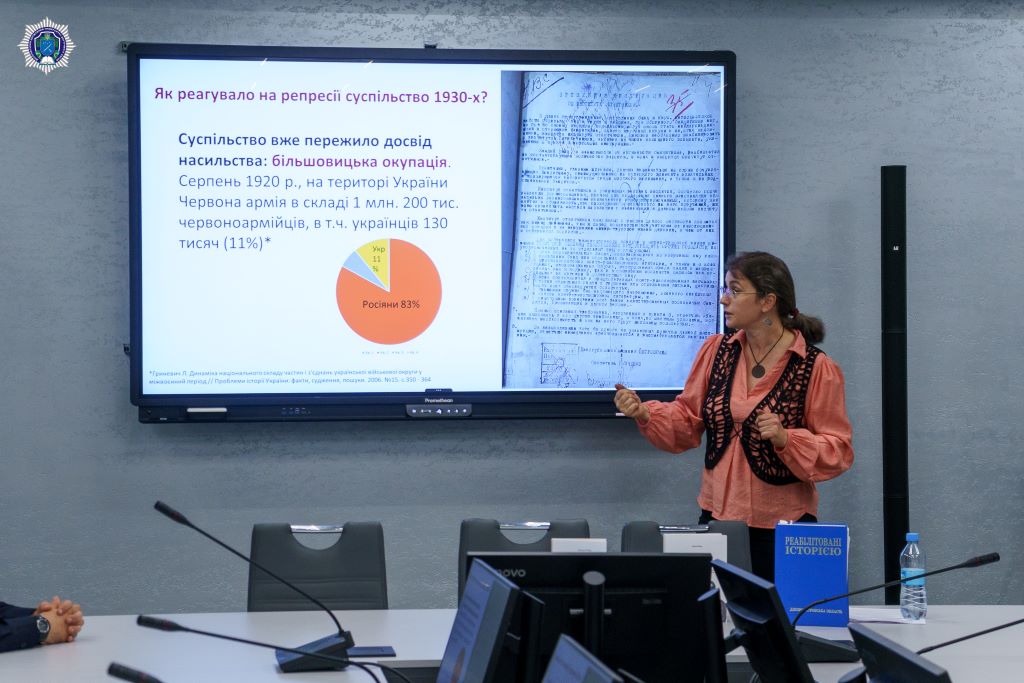
Special attention was paid to the role of dissidents and human rights defenders such as Hryhorii Omelchenko, Ivan Sokulsky, Les Taniuk, and Vasyl Symonenko, who exposed the crimes of the communist regime, defended civil rights, and advocated for political prisoners.
“Crimes left unpunished can be repeated. A totalitarian system is terrifying not only because it kills those who disobey, but also because of its methods of terror, intimidation, and deceit that force ordinary people to write denunciations and carry out criminal orders. That is why it is so important to enforce decommunization laws, expose the crimes of totalitarian regimes, and rename streets and settlements,” emphasized the museum researcher.
— 296

